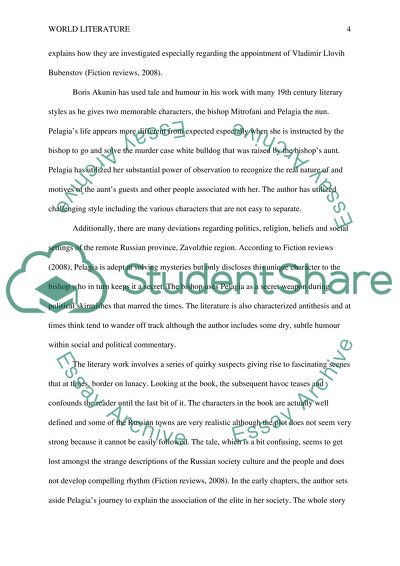Cite this document
(“Post soviet union literature Essay Example | Topics and Well Written Essays - 1750 words”, n.d.)
Post soviet union literature Essay Example | Topics and Well Written Essays - 1750 words. Retrieved from https://studentshare.org/literature/1494116-post-soviet-union-literature
Post soviet union literature Essay Example | Topics and Well Written Essays - 1750 words. Retrieved from https://studentshare.org/literature/1494116-post-soviet-union-literature
(Post Soviet Union Literature Essay Example | Topics and Well Written Essays - 1750 Words)
Post Soviet Union Literature Essay Example | Topics and Well Written Essays - 1750 Words. https://studentshare.org/literature/1494116-post-soviet-union-literature.
Post Soviet Union Literature Essay Example | Topics and Well Written Essays - 1750 Words. https://studentshare.org/literature/1494116-post-soviet-union-literature.
“Post Soviet Union Literature Essay Example | Topics and Well Written Essays - 1750 Words”, n.d. https://studentshare.org/literature/1494116-post-soviet-union-literature.


